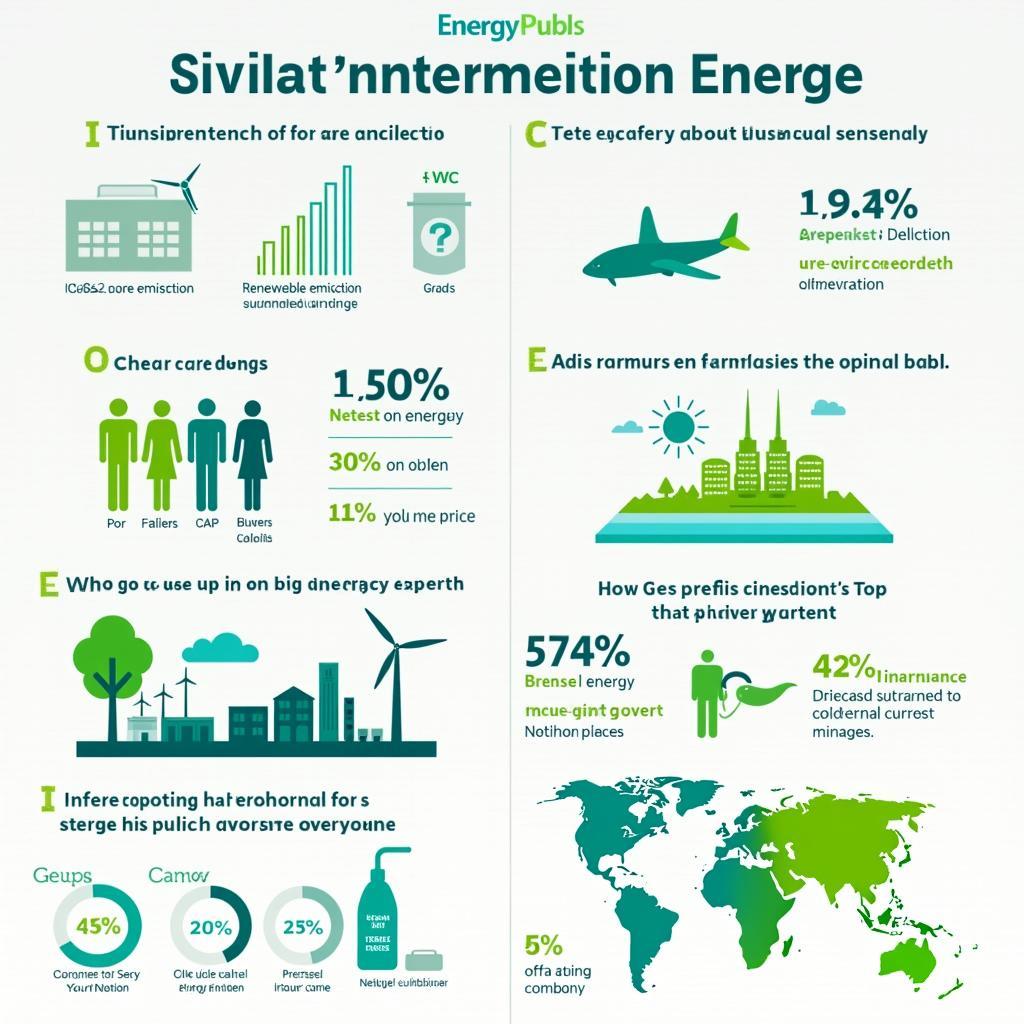Energy consumption and environmental challenges are recurring themes in IELTS Writing Task 2, appearing in approximately 15% of actual test questions between 2020-2023. This topic’s frequency is expected to increase given growing global concerns about climate change and sustainability.
Nội dung bài viết
The challenges of reducing chemical pollution represents one aspect of environmental issues commonly tested. Let’s examine a recent IELTS question addressing energy consumption:
Some people believe that reducing energy consumption is the key to solving environmental problems. To what extent do you agree or disagree with this statement?
Analysis of Question Requirements
This question requires candidates to:
- Express their position on energy consumption’s role in environmental solutions
- Support arguments with relevant examples
- Present a balanced discussion
- Provide a clear conclusion

Sample Essay 1 (Band 8.5)
In today’s world of increasing environmental concerns, many argue that minimizing energy usage is crucial to addressing ecological challenges. While I largely agree with this viewpoint, I believe it represents only part of a more comprehensive solution.
Energy consumption reduction undoubtedly plays a vital role in environmental protection. When individuals and industries decrease their energy usage, it directly leads to lower greenhouse gas emissions, particularly from fossil fuel-based power generation. For instance, when companies implement energy-efficient technologies and practices, they significantly reduce their carbon footprint. Similarly, households adopting energy-saving appliances and mindful consumption habits contribute to decreased power demand, which in turn reduces environmental impact.
However, solving environmental problems requires a multi-faceted approach. While Should all countries reduce fossil fuel consumption immediately, other crucial factors need attention. Waste management, deforestation prevention, and water conservation are equally important environmental challenges that cannot be addressed solely through energy reduction. For example, plastic pollution in oceans, a major environmental threat, requires strategies focused on recycling and alternative materials rather than energy consumption.
Furthermore, the impact of electric cars on energy consumption demonstrates that sometimes environmental solutions may actually require increased energy usage in the short term to achieve long-term sustainability. The manufacturing of renewable energy infrastructure, for instance, initially demands significant energy input but ultimately contributes to cleaner power generation.
In conclusion, while reducing energy consumption is indeed crucial for environmental protection, it should be viewed as one component of a broader strategy. A comprehensive approach incorporating various environmental protection measures alongside energy conservation would be most effective in addressing our ecological challenges.
Sample Essay 2 (Band 6.5)
I agree that reducing energy consumption is important for solving environmental problems. In this essay, I will discuss why this is true and give some examples.
Firstly, using less energy helps the environment in many ways. When we use less electricity at home, power plants don’t need to burn as much coal or gas. This means less pollution in the air. For example, when people turn off lights and air conditioning when not needed, it helps reduce carbon dioxide emissions.
Also, factories and businesses that use less energy help protect nature. Many companies now use energy-saving machines and solar panels. This is good because it reduces their impact on the environment. Some factories have reported using 30% less energy after making these changes.
However, there are other environmental problems too. Things like cutting down trees and throwing plastic in the ocean are also big problems. Just using less energy cannot solve these issues. We need to do other things like recycling and planting trees.
In conclusion, I think reducing energy use is very important but it’s not the only solution to environmental problems. We need to take many different actions to protect our environment.
Band Score Analysis
Band 8.5 Essay:
- Task Response: Clear position with fully developed arguments
- Coherence and Cohesion: Logical organization with effective paragraphing
- Lexical Resource: Sophisticated vocabulary use (“multi-faceted approach”, “carbon footprint”)
- Grammatical Range: Complex structures used accurately
Band 6.5 Essay:
- Task Response: Clear position but simpler development
- Coherence and Cohesion: Basic organization with some paragraph links
- Lexical Resource: Adequate but less sophisticated vocabulary
- Grammatical Range: Mix of simple and complex structures
Key Vocabulary
- carbon footprint (n) /ˈkɑːbən ˈfʊtprɪnt/ – environmental impact measured in CO2
- ecological challenges (n) /ˌiːkəˈlɒdʒɪkəl ˈtʃælɪndʒɪz/ – environmental problems
- multi-faceted (adj) /ˌmʌltiˈfæsɪtɪd/ – having many aspects
- sustainability (n) /səˌsteɪnəˈbɪləti/ – ability to maintain without depleting resources
- greenhouse gas emissions (n) /ˈɡriːnhaʊs ɡæs ɪˈmɪʃənz/ – release of harmful gases
Advanced Sentence Structures
- Complex with concession: “While reducing energy consumption is indeed crucial, it represents only part of the solution.”
- Cause-effect: “When individuals and industries decrease their energy usage, it directly leads to lower greenhouse gas emissions.”
- Parallel structure: “Waste management, deforestation prevention, and water conservation are equally important environmental challenges.”
Consider practicing by writing your own essay on this topic and sharing it in the comments for feedback!